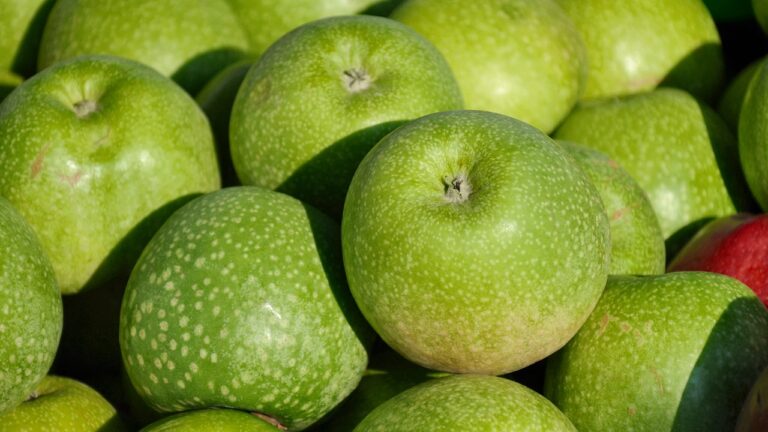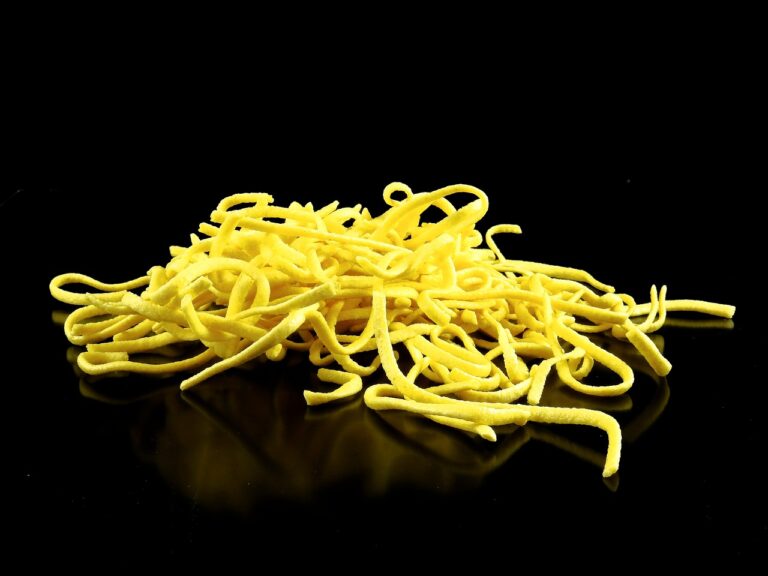Sustainable Seafood Certification: Ensuring Credibility and Consumer Trust
11xplay pro login, tigerexch247 live, betbook.com: For seafood lovers around the world, ensuring that the fish they consume is sourced sustainably is becoming increasingly important. With concerns about overfishing, bycatch, and habitat destruction on the rise, many consumers are looking for ways to make more ethical choices when it comes to their seafood consumption. This is where sustainable seafood certification programs come into play.
What is Sustainable Seafood Certification?
Sustainable seafood certification is a way for consumers to identify fish and seafood products that have been sourced in a way that minimizes harm to the environment. These certifications are usually granted by independent organizations that assess the sustainability of fisheries and aquaculture operations based on a set of criteria. These criteria typically include factors such as stock health, environmental impact, and social responsibility.
By choosing seafood products that carry a sustainable seafood certification, consumers can have more confidence that they are supporting fisheries and aquaculture operations that are taking steps to minimize their impact on the environment and promote the long-term health of fish populations.
Why is Sustainable Seafood Certification Important?
Sustainable seafood certification is important for a variety of reasons. Firstly, it helps to address the issue of overfishing, which is a major threat to global fish populations. By choosing seafood products that have been certified as sustainable, consumers can help to support fisheries that are managing their stocks responsibly and ensuring that fish populations are able to replenish themselves.
Secondly, sustainable seafood certification can also help to protect the marine environment. Fisheries and aquaculture operations that are certified as sustainable are often required to minimize their impact on habitats and reduce the use of harmful chemicals and practices.
Finally, sustainable seafood certification can also benefit local communities that rely on fishing for their livelihoods. By supporting fisheries that are socially responsible, consumers can help to ensure that fishers are paid fairly and that their rights are protected.
How Can Consumers Identify Sustainable Seafood?
With so many different certifications and labels on the market, it can be overwhelming for consumers to navigate the world of sustainable seafood. Here are a few tips to help you identify seafood products that have been sourced sustainably:
Look for certifications from reputable organizations such as the Marine Stewardship Council (MSC) or the Aquaculture Stewardship Council (ASC).
Ask your fishmonger or seafood supplier about the sustainability of their products. Many retailers are now well-versed in sustainable seafood practices and can help guide you towards more ethical choices.
Use online resources such as seafood watch websites or apps to check the sustainability of specific fish species and seafood products.
By taking these steps, consumers can make more informed choices when it comes to their seafood consumption and help to support fisheries and aquaculture operations that are working towards a more sustainable future.
Ensuring Credibility and Consumer Trust
While sustainable seafood certification programs play a crucial role in promoting sustainable fishing practices, ensuring credibility and consumer trust in these programs is essential. With so many different labels and certifications on the market, consumers need to be able to trust that the products they are purchasing are truly sustainable.
One way to ensure credibility in sustainable seafood certification programs is through independent verification and auditing. By having third-party auditors assess fisheries and aquaculture operations against a set of transparent criteria, consumers can have more confidence that the products they are purchasing have been sourced sustainably.
Another important factor in ensuring credibility is transparency. Sustainable seafood certification programs should be open and transparent about their criteria, assessment processes, and the outcomes of their audits. By providing consumers with clear and easily accessible information, certification programs can help to build trust and credibility with their stakeholders.
Finally, consumer education also plays a key role in ensuring credibility and trust in sustainable seafood certification programs. By providing consumers with information about the importance of sustainable seafood, the impact of their purchasing decisions, and how to identify sustainable products, certification programs can empower consumers to make more ethical choices.
By focusing on independent verification, transparency, and consumer education, sustainable seafood certification programs can help to build credibility and trust with consumers, ensuring that they can make informed decisions about the seafood products they purchase.
FAQs
Q: Are all seafood certifications created equal?
A: No, not all seafood certifications are created equal. Some certifications have more stringent criteria than others, so it’s important to do your research and choose certifications from reputable organizations.
Q: Can sustainable seafood certifications help to address overfishing?
A: Yes, sustainable seafood certifications play a crucial role in addressing overfishing by promoting responsible fishing practices and supporting fisheries that are managing their stocks sustainably.
Q: How can consumers identify sustainable seafood products?
A: Consumers can identify sustainable seafood products by looking for certifications from reputable organizations, asking their fishmonger or seafood supplier for information, and using online resources to check the sustainability of specific fish species.
In conclusion, sustainable seafood certification programs are a valuable tool for consumers looking to make more ethical choices when it comes to their seafood consumption. By choosing seafood products that carry a sustainable seafood certification, consumers can support fisheries and aquaculture operations that are working towards a more sustainable future. By ensuring credibility and consumer trust in these programs through independent verification, transparency, and consumer education, we can all play a role in promoting the long-term health of our oceans and fish populations.







